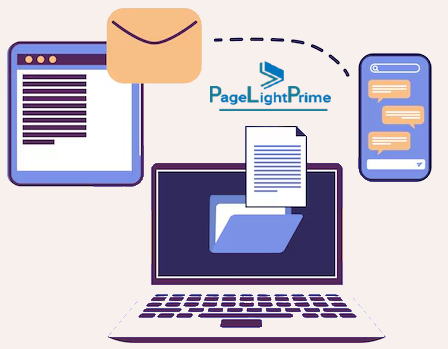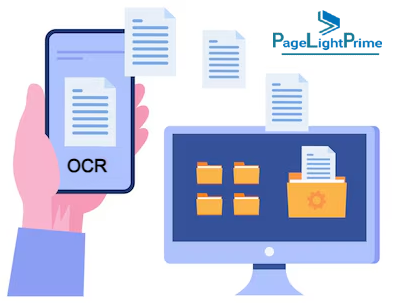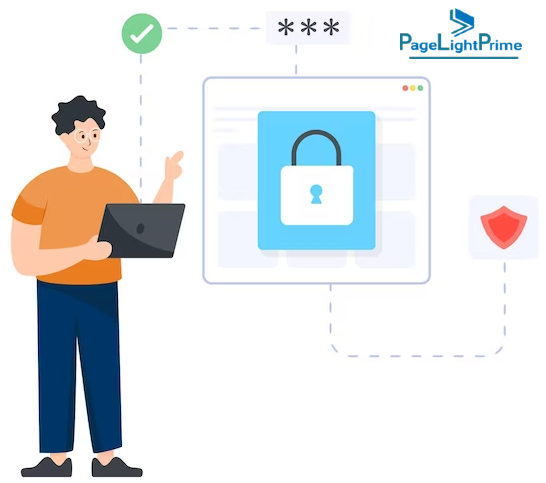Legal DMS Simplified: Streamline Your Law Firm
In today’s fast-paced legal environment, efficient document management is pivotal for law firms aiming to maximize productivity and client service. A Legal Document Management System (DMS) offers a streamlined solution to organize, secure, and access critical documents effectively. This comprehensive guide explores the benefits, key features, selection tips, and implementation strategies for integrating a Legal DMS into your practice.
Written by Knowledge Team, posted on June 26, 2024

What is a Legal DMS?
A Legal Document Management System (DMS) is a specialized software designed to centralize document storage, management, and retrieval for law firms. It provides robust features tailored to meet the unique needs of legal professionals, ensuring seamless collaboration and compliance with regulatory requirements.
Benefits of a Legal DMS for Law Firms
Implementing a Legal DMS yields substantial benefits:
Improved Efficiency and Productivity
Studies show that lawyers spend approximately 30% of their time searching for documents. A Legal DMS reduces this time significantly by organizing documents intuitively and providing quick search functionalities.
Enhanced Security and Compliance
With built-in security protocols and access controls, Legal DMS safeguards sensitive client information, ensuring compliance with data protection regulations like GDPR and HIPAA.

Streamlined Collaboration
Real-time document sharing, version control, and audit trails streamline collaboration among legal teams, enhancing workflow efficiency and project management.
Cost Savings
By minimizing paper usage, reducing administrative overhead, and optimizing resource allocation, Legal DMS helps lower operational costs and increase profitability.

Key Features of a Legal Document Management System
Choosing the right Legal DMS involves evaluating key features:
Document Storage and Organization
Efficient categorization, metadata tagging, and full-text search capabilities simplify document retrieval and organization.
Optical Character Recognition (OCR)
Law Firm OCR technology converts scanned documents into searchable text, enhancing accessibility and enabling efficient indexing of documents.
Version Control and Audit Trails
Tracks document revisions, ensures compliance with regulatory standards, and provides a comprehensive audit trail for transparency.

Secure Access and Permissions
Granular access controls limit document access to authorized personnel only, safeguarding sensitive client data from unauthorized viewing or modification.
Integration with Legal Software
Seamless integration with case management software, billing, and eDiscovery tools enhances operational efficiency and data synchronization across platforms.

Choosing the Right Legal DMS for Your Practice
Selecting an optimal Legal DMS involves strategic considerations:
Scalability and Customization
Evaluate scalability options to accommodate future growth and customization capabilities to align with specific practice needs.
Security and Compliance Standards
Ensure the Legal DMS complies with industry standards and regulatory requirements to protect client confidentiality and data integrity.
User Interface and Training Support
Prioritize user-friendly interfaces and comprehensive training resources to facilitate smooth adoption and maximize system utilization.

Real-World Examples of Legal DMS Benefits
For example, a solo practitioner specializing in family law implemented an affordable cloud-based Legal DMS, reducing administrative costs by 25% and improving client service with faster document access and secure client communication.
How to Implement a Legal DMS Successfully
Follow these steps for effective implementation:
Define Objectives and Requirements
Set clear implementation goals and outline specific document management needs to guide the selection process.
Gain Team Buy-In and Leadership Support
Engage key stakeholders early on and designate a project champion to oversee implementation and ensure organizational alignment.

Conduct Comprehensive Training Programs
Provide tailored training sessions to educate staff on Legal DMS functionalities, best practices, and security protocols.
Seamless Data Migration and Integration
Plan and execute a structured data migration strategy to transfer existing documents into the new Legal DMS without disruptions.

Conclusion
In conclusion, adopting a Legal DMS empowers law firms to optimize document management processes, enhance collaboration, and uphold regulatory compliance effectively. By choosing and implementing the right Legal DMS tailored to your firm’s specific needs, you can elevate operational efficiency and deliver superior legal services.
Ready to streamline your law firm’s document management? Contact us today for a consultation on implementing an affordable Legal DMS tailored for your law office. Start optimizing your legal practice with our expert guidance.
